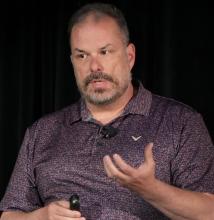Microservices solve numerous problems around cognitive load, velocity, isolation, and scalability - if you get them right!
In Operating Microservices: Patterns for Sucess, we bring you practical advice around what good really looks like with system observability, patterns of integrating with legacy codebases, and situations when microservices were NOT the right answer, and the most common issues encountered when it comes to day 2 operations with microservices.
Microservices are an effective way to solve many problems in software, but it’s also a great way to introduce them if not done (and operated) well.
From this track
Unconference: Microservices
Tuesday Oct 25 / 10:35AM PDT
What is an unconference? At QCon SF, we’ll have unconferences in most of our tracks.
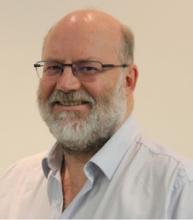
Shane Hastie
Global Delivery Lead for SoftEd and Lead Editor for Culture & Methods at InfoQ.com
Dark Energy, Dark Matter and the Microservices Patterns?!
Tuesday Oct 25 / 11:50AM PDT
Dark matter and dark energy are mysterious concepts from astrophysics that are used to explain observations of distant stars and galaxies.
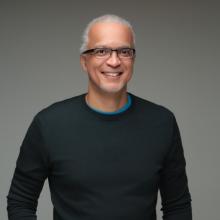
Chris Richardson
Creator of microservices.io, Java Champion, & Core Microservices Thoughtleader
Orchestration vs Choreography, A Guide To Composing Your Monolith
Tuesday Oct 25 / 01:40PM PDT
Microservices promise rapid evolution, operational independence, and technological freedom but come with imperceptible drag factors. Left unchecked, this drag leads to distributed balls of mud – hard to operate, evolve and maintain.
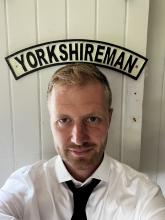
Ian Thomas
Software Engineer @Meta, QCon London 2024 PC Chair, Previously Technology Leader @Genesis Global
[Recording] Overcomplicated Architecture: Scaling Bottleneck
Tuesday Oct 25 / 02:55PM PDT
As a digital scale-up continues to gain momentum and grow rapidly, one of the key determining factors of success is how quickly they can evolve their product. The business desires to push features to production as fast as possible and prove value to its customers.

Cassandra Shum
Technologist | Architect | Ex-Thoughtworks
Untrusted Execution: Attacking the Cloud Native Supply Chain
Tuesday Oct 25 / 04:10PM PDT
Should we trust the code we run in production? Not if a motivated attacker can compromise our system’s complex supply chains. While hardened runtimes and detection can mitigate some zero day attacks, malicious internal threat actors and software implants are much harder to detect.

Francesco Beltramini
Security Engineering Manager @controlplaneio
Panel: Building Performant Microservice Architectures
Tuesday Oct 25 / 05:25PM PDT
Microservices improve cognitive load, velocity, isolation, and scalability. They also introduce complexity, increased reliance on the network, observability challenges, and, often, request latency.

Chris Richardson
Creator of microservices.io, Java Champion, & Core Microservices Thoughtleader

Ian Thomas
Software Engineer @Meta, QCon London 2024 PC Chair, Previously Technology Leader @Genesis Global
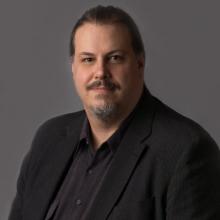
Todd Montgomery
Ex Researcher @Nasa, Engineering Fellow @ Adaptive Financial Consulting and a High Performance Distributed Systems Whisperer
